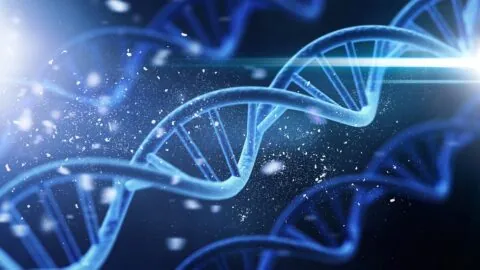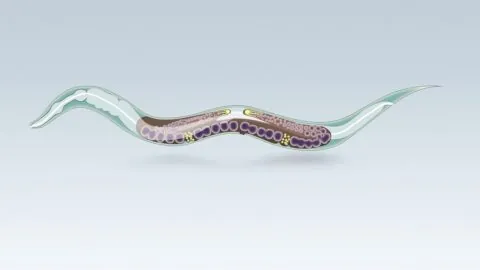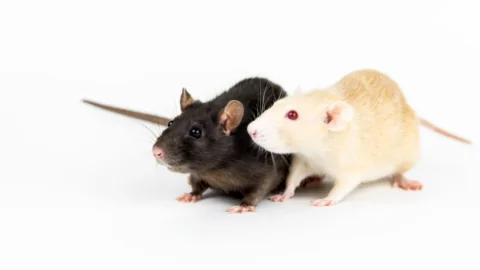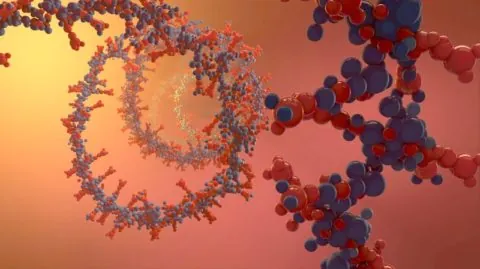October 13, 2025
In Aging Cell, researchers have described core genes that apply to a wide variety of species and appear to be causal drivers of aging. Looking for signals in the noise Introducing their study, the researchers note that gene expression changes are difficult to interpret because they occur across a panoply of genes and the strongest...
July 28, 2024
Research published in Aging Cell has revealed that a nematode species commonly used for aging research lives much longer on an alternate-day fasting regimen, but only when it is administered in middle age and only when the worms are consuming an animal-based protein source. Deciding what to restrict and when Dietary restriction practices have been...
March 19, 2024
Ora Biomedical has created a robot for high-throughput screening of life-extending compounds in worms, and you can buy an experiment for 100 dollars. Things in the longevity field look bright or gloomy, depending on who you ask. It is true that we now understand much more about aging than we did just a few years...
December 11, 2023
The Journal Club is back for one final time this year! Dr. Oliver Medvedik will return on December 15th at 12:00 Eastern on the Lifespan.io Facebook page to review the recent paper "A drug-like molecule engages nuclear hormone receptor DAF-12/FXR to regulate mitophagy and extend lifespan". Join us and find out how researchers are boosting...
January 18, 2023
In a new review paper published in GeroScience, the researchers explored the translatability of anti-aging interventions across species and received somewhat alarming results [1]. Necessary, but not the best Model organisms have been widely and successfully used to understand the molecular processes driving disease pathologies, identify drug candidates, and test therapeutic interventions. Modern drug development...
June 29, 2022
In a new study published in GeroScience, researchers have shown that it is possible to significantly increase yeast lifespan by overexpressing genes highly conserved across various species [1]. Survival and aging The question of the effects of nature versus nurture, or programmed versus stochastic, sparks hot scientific debate in other fields as well as aging....






